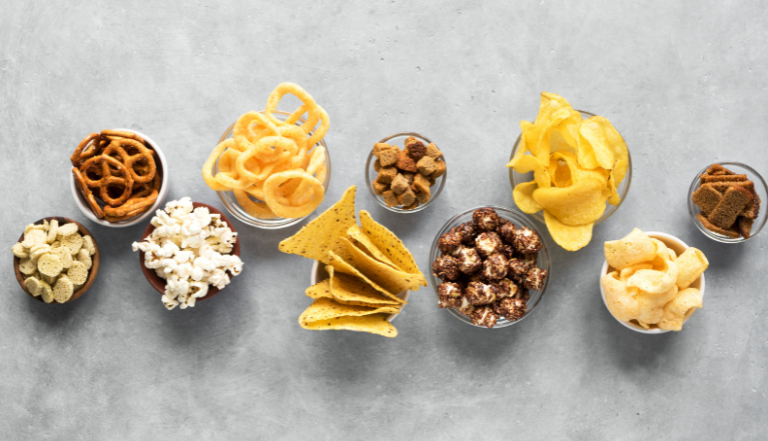The UK government introduced new legislation restricting the promotion of food and drinks high in fat, salt or sugar (HFSS) in December 2020.
The restrictions aim to encourage consumers to make healthier dietary choices and forms a key part of the government’s strategy in tackling obesity.
The Food (Promotion and Placement) (England) Regulations 2021 implements restrictions on the promotion of HFSS products in England by volume price (e.g. ‘buy one get one free’ or ‘3 for 2’ offers) and location (e.g. at store entrances and checkouts), both online and in store. The location restrictions came into effect on 1 October 2022, while the multi-buy restrictions will be implemented in January 2024.
The government also plans to introduce a 9pm watershed ban on TV for HFSS products and a restriction of paid-for HFSS advertising online, though these measures have now been delayed to 2025.
The announcement of the new legislation and HFSS advertising bans is welcomed by health campaigners and advocacy groups, and is undeniably a step in the right direction in terms of promoting healthier diets. However, the HFSS restrictions are a costly burden for many businesses in the food and beverage industry, which have been forced to reformulate existing products or launch entirely new HFSS-compliant products in order to minimise the impact on sales.
From a branding perspective, the introduction of new and reformulated non-HFSS products raises the question of how these products should be launched. Should they be marketed as a reformulation replacing the original HFSS product, as a ‘healthier’ sub-brand under the HFSS brand, or as a new, independent non-HFSS brand?
Looking at some of the measures implemented by major brands, KP Snacks have reformulated several of their existing snack products to be non-HFSS, including Tyrells Lightly Sea Salted crisps, Hula Hoops Puft, Popchips and Penn State Sour Cream & Chive pretzels.
Similarly, Kabuto Noodles have completely reformulated their entire instant noodle range to be 100% vegetarian and HFSS-compliant.
Other brands have launched healthier or ‘lighter’ variants of existing HFSS products, such as Walkers which has introduced new flavours containing 45% less salt than the traditional varieties: Mild Cheese and Onion, Lightly Salted and A Dash of Salt & Vinegar. Pladis has also expanded its portfolio with the roll out of McVitie’s Digestives Wholesense and McVitie’s Rich Tea Delights – lighter, non-HFSS versions of the popular biscuit lines.
Meanwhile, a number of healthier offerings have been released under the name of new sub-brands.
For instance, Kettle Chips launched its new HFSS-compliant ‘Bread Bites’ range, whilst Mars Wrigley introduced its ‘Triple Treat’ line, offering fruit and nut based variants of its Snickers, Mars, Galaxy and Bounty bars.
Unsurprisingly, it seems that most major brands have opted to reformulate existing products or launch related HFSS-compliant sub-brands rather than creating completely new and independent non-HFSS products.
Doing so would enable them to preserve and take advantage of the brand reputation they have built up over the years, whereas it would be much more difficult (and costly) to launch an entirely new brand.
Nevertheless, as the new rules come into force and the government continues to clamp down on the promotion of HFSS products, it is likely that any new brands or products entering the market will strive to be HFSS-compliant in order to evade the marketing and advertising restrictions – a positive step forward in encouraging healthier eating habits amongst consumers.



